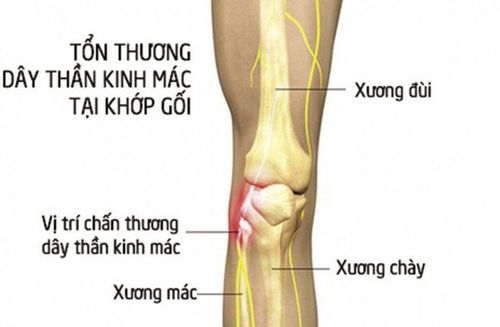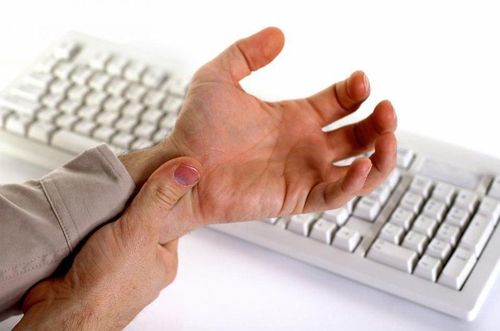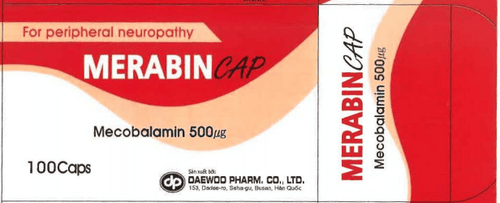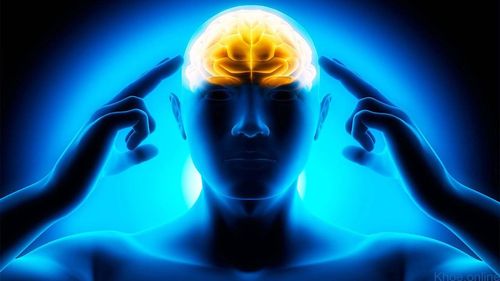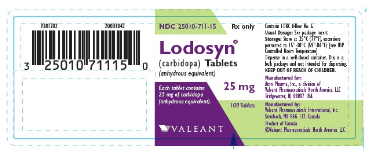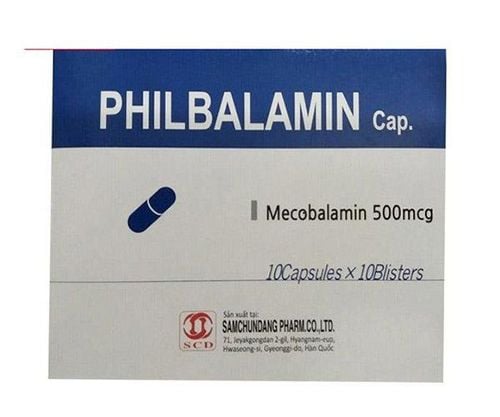This is an automatically translated article.
The article was professionally consulted with Master, Doctor Bui Ngoc Phuong Hoa - Neurologist - Department of Medical Examination & Internal Medicine - Vinmec Danang International General Hospital.Diabetes and alcohol abuse are common causes of peripheral neuropathy. Peripheral neuropathy commonly occurs in the arms and legs causing muscle weakness, numbness, and pain.
1. Peripheral Neuropathy
Peripheral neuropathy is a disease that occurs due to damage to the peripheral nerves. Peripheral nerves are nerves that help transmit signals from the brain and spinal cord to target organs, and are fragile and easily damaged. Therefore, when damaged, it disrupts the brain's ability to exchange information with muscles and other organs. Peripheral neuropathy commonly occurs in the arms and legs causing muscle weakness, numbness, and pain.Peripheral neuropathy can be caused by trauma, infection, metabolic problems, genetics, and exposure to toxins, etc. One of the most common causes of disease is diabetes.
People with peripheral neuropathy often experience pain, tingling, like ant stings... In many cases, symptoms can be improved with effective treatment. Medicines can reduce the pain of peripheral neuropathy.
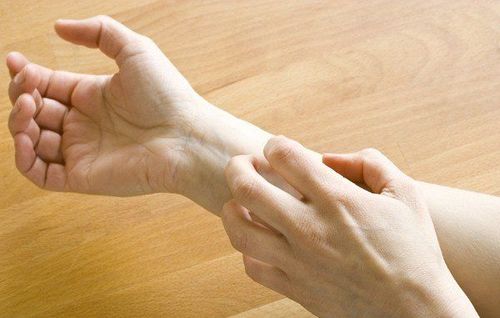
2. Symptoms of Peripheral Neuropathy
Each nerve in the peripheral system has a specific function, so symptoms depend on the type of nerve affected. Nerves are divided into:Sensory nerves help the body perceive sensations such as temperature, pain, when touching the skin,... Motor nerves control muscle movement Nerves automatic control of functions such as blood pressure, heart rate, digestion and bladder Signs and symptoms of peripheral neuropathy that the patient may experience such as:
Numbness of the feet or hands, a stinging or tingling sensation. This condition can spread up into the legs and arms. Sting. Extremely sensitive to touch Pain when placing objects on. Easy to fall Muscle weakness Paralysis if motor nerves are affected If the autonomic nerves that control functions are affected, signs and symptoms may appear such as:
Excessive sweating or unable to sweat Have bowel, bladder or digestive problems Changes in blood pressure that cause dizziness. Peripheral neuropathy can affect one nerve (monopathy), two or more nerves in different areas (polyneuropathy). Carpal tunnel syndrome is an example of a mononeuropathy. Most people with peripheral neuropathy have polyneuropathy. Early diagnosis and treatment of peripheral neuropathy offers the best chance of controlling symptoms and preventing further damage to peripheral nerves.
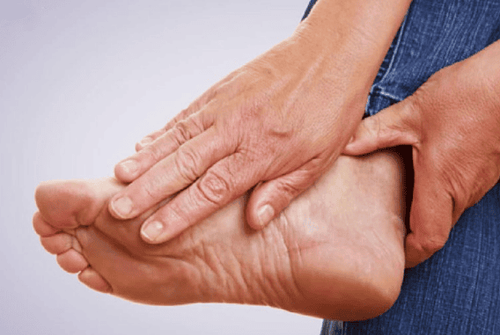
3. Causes of Peripheral Neuropathy
There are many causes of peripheral neuropathy. Health conditions that can cause peripheral neuropathy include:Autoimmune diseases: Autoimmune diseases such as: Sjogren's syndrome, Lupus, rheumatoid arthritis, Guillain-Barre syndrome, polyneuritis chronic inflammation and vasculitis. Diabetes: More than half of people with diabetes develop some type of neurological disease. Infections: Certain viral or bacterial infections such as: Lyme disease, shingles, Epstein-Barr virus, hepatitis B and C, leprosy, diphtheria, and HIV. Genetic disorders: such as Charcot Marie Tooth disease is an inherited neurological disease. Tumors: Growths of tumors (both malignant and benign) can develop on nerves. In addition, polyneuropathy can arise from certain cancers related to the body's immune response. This is a form of a degenerative disorder called paraneoplastic syndrome. Bone marrow disorders: including an abnormal protein in the blood (gametophyte monoclonal), a form of bone cancer (myeloma), lymphoma, and the rare disease amyloidosis. Other diseases such as: kidney disease, liver disease, connective tissue disorders and hypothyroidism. Other causes of neuropathy such as:
Alcoholism: people who drink alcohol can lead to vitamin B1 deficiency. Exposure to hazardous substances: Toxic substances such as industrial chemicals and heavy metals: lead, mercury. Medications: Some drugs, especially those used to treat cancer (chemotherapy) can cause peripheral neuropathy. Nerve injury or pressure: Patients with injuries such as accidents, falls, or sports injuries can damage peripheral nerves. Nerve pressure can occur due to castration, use of crutches,... Vitamin deficiency: Lack of B vitamins (B1, B6 and B12), vitamin E can affect nerve health.
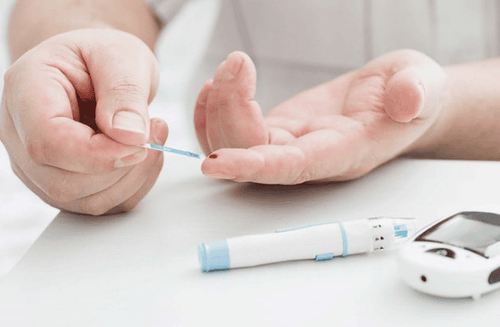
4. Risk factors for peripheral neuropathy
Factors that increase the risk of peripheral neuropathy include:Diabetes Alcohol abuse Vitamin deficiencies, especially B vitamins Infections Autoimmune diseases Kidney, liver or thyroid disorders Toxin exposure Family history of neurological disease Peripheral neuropathy, if not treated early, can cause dangerous complications such as:
Burns and skin trauma because the patient will not feel temperature changes or pain on parts of the body. Falling Infections: Peripheral neuropathy causes muscle weakness and loss of sensation that may be related to imbalances and falls.

5. Prevention of Peripheral Neuropathy
The best way to prevent peripheral neuropathy is to manage conditions you have and are at risk for, such as diabetes, alcoholism, or rheumatoid arthritis. At the same time, maintain a healthy lifestyle to support mental health such as:Eat a diet rich in fruits, vegetables, whole grains and lean meats to keep nerves healthy. Get vitamin B12 from foods such as: eat meat, fish, eggs, low-fat dairy foods and whole grains. If you are a vegetarian, cereals will be an alternative choice to supplement a good source of vitamin B12. Exercise regularly Stay away from factors that can cause nerve damage such as: limiting exposure to chemicals toxic, smoking and drinking too much alcohol. To understand more about the disease or need to be examined and consulted when you notice the symptoms of the disease appear, you need to see a team of specialists for advice and early treatment.
If there is a need for consultation and examination at the Hospitals of the National Health System, please book an appointment on the website to be served.
Please dial HOTLINE for more information or register for an appointment HERE. Download MyVinmec app to make appointments faster and to manage your bookings easily.
Source: webmd.com & mayoclinic.org




